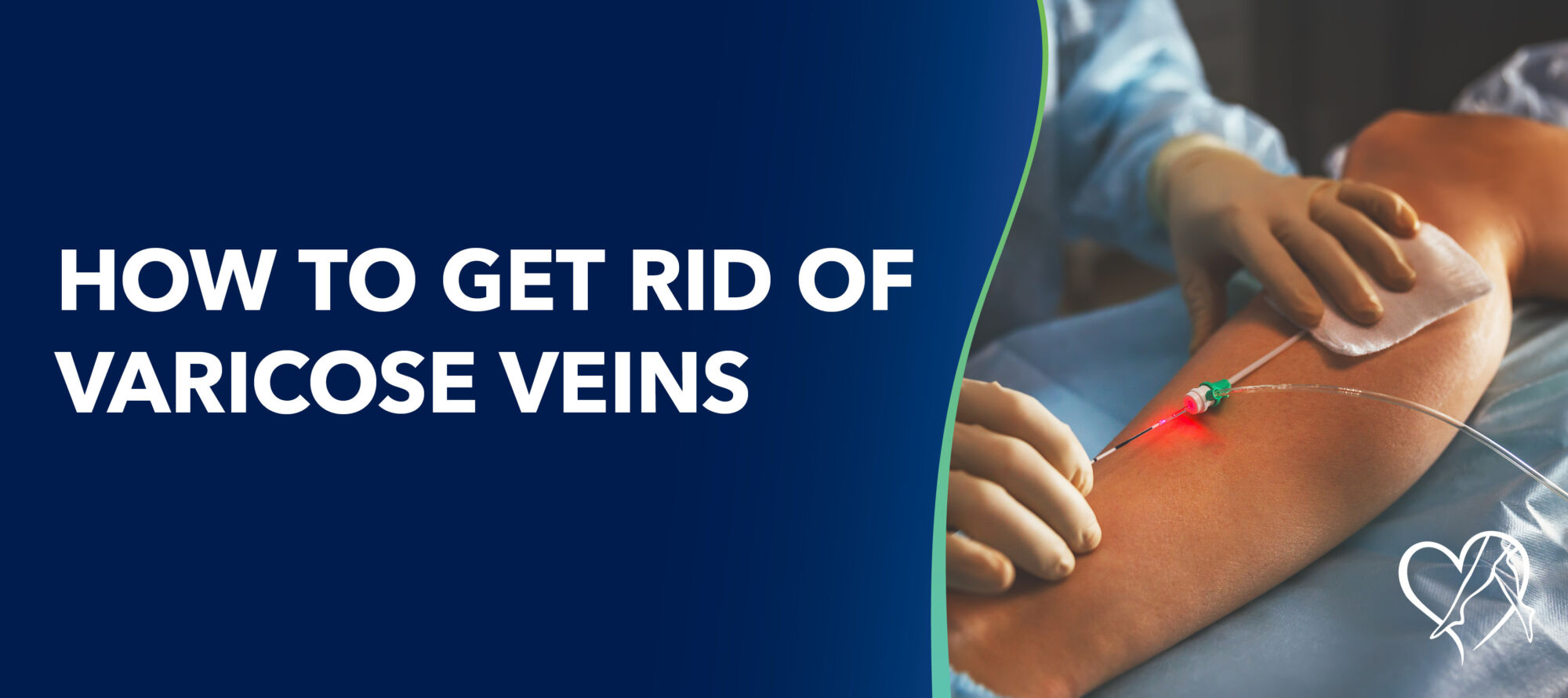
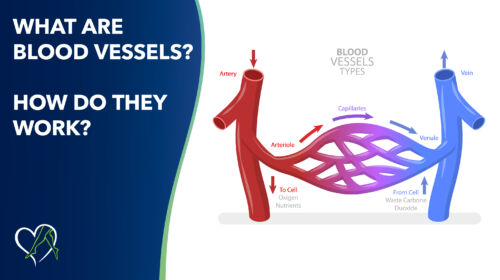
Learn how blood vessels work and what causes vein problems. Dr. Andrew Harding and CVR Grapevine offer advanced, minimally invasive vein treatments.
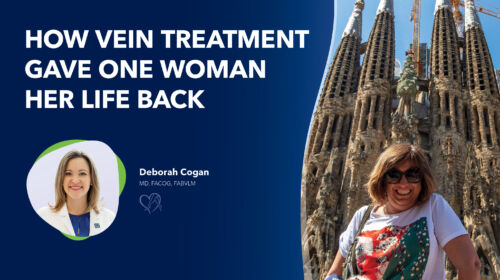
After years of living with painful, swollen legs, one woman found freedom through minimally invasive vein treatment at Center for Vein Restoration. In this inspiring story, board-certified vein specialist Dr. Deborah Cogan explains how diagnosing and treating chronic venous insufficiency (CVI) restored her patient’s comfort, confidence, and quality of life. Learn how modern outpatient vein treatments can relieve leg pain, improve circulation, and help you get back to doing what you love—pain-free.
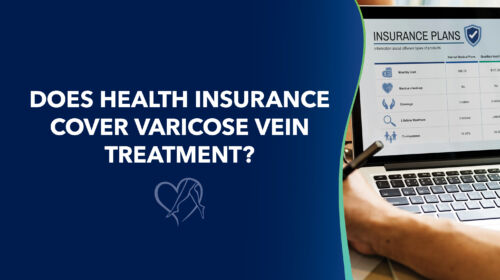
Health insurance often covers varicose vein treatment when it’s medically necessary, not just cosmetic. This blog breaks down what insurers look for, which procedures qualify, and how your FSA or HSA can help you save on care. Discover how Center for Vein Restoration’s insurance specialists simplify the process so you can focus on feeling better, not paperwork.
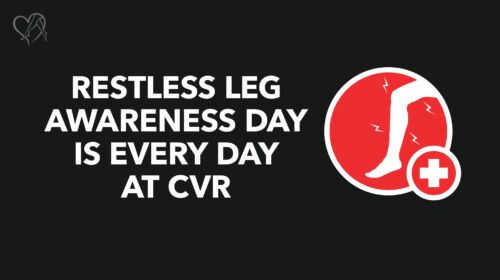
Discover the connection between restless leg syndrome (RLS) and chronic venous insufficiency (CVI) in this medically reviewed blog from Center for Vein Restoration (CVR). Learn how poor vein circulation, varicose veins, and venous reflux can contribute to the uncomfortable sensations that keep you up at night—and how modern, minimally invasive vein treatments can bring real relief. Find out why at CVR, every day is Restless Leg Awareness Day, and every day is an opportunity for healthier, more restful legs.

Learn what venous stasis ulcers are, why they form, and how early treatment can prevent serious leg wounds. This medically reviewed guide from Center for Vein Restoration explains how chronic venous insufficiency causes ulcers, outlines key risk factors like varicose veins and swelling, and highlights today’s minimally invasive treatments that restore circulation, promote healing, and protect long-term vein health.

This blog delves into some potential risk factors of restless legs syndrome (RLS), and how proper nutrition — or lack thereof — can affect the severity of your symptoms.
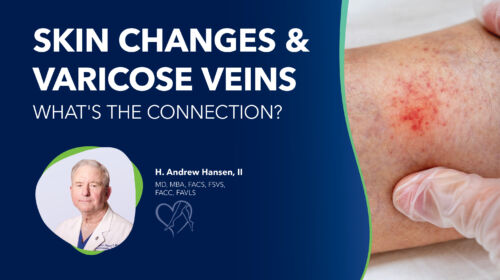
Learn how darkening, itching, or hardening skin around your ankles may signal an underlying vein problem. This medically reviewed blog explains how varicose veins and chronic venous insufficiency cause visible skin changes and highlights today’s advanced, minimally invasive treatments that restore healthy circulation and comfort. Discover the warning signs of vein disease and how to keep your legs looking and feeling their best.

Center for Vein Restoration honors the life and legacy of Dr. Shekeeb Sufian, MD, FACS, a visionary physician, mentor, and humanitarian whose pioneering work in venous and lymphatic medicine helped shape the foundation of modern vein care. His lifelong dedication to excellence, compassion, and integrity continues to inspire the CVR community and the patients he served.